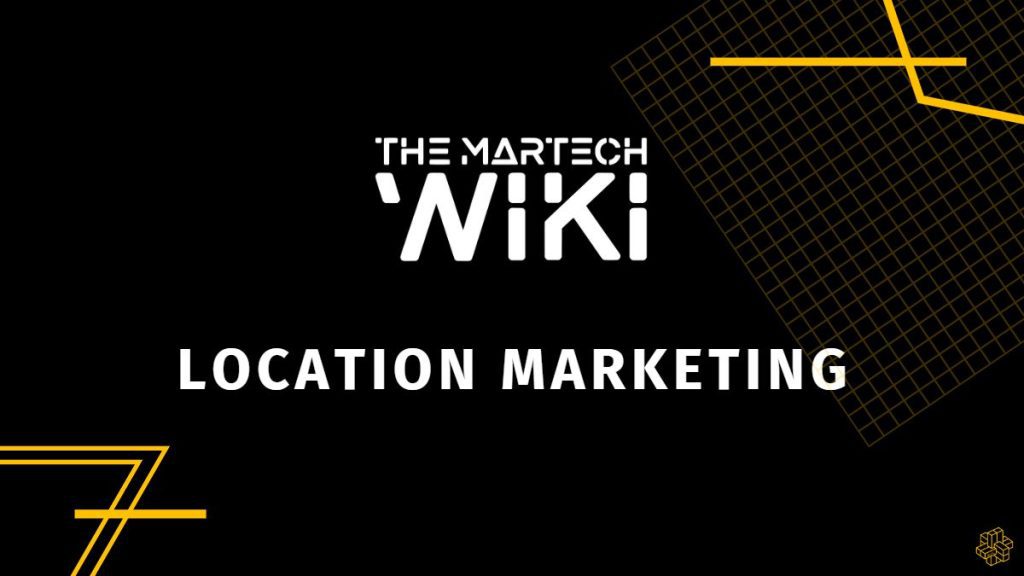
Location Marketing, simply put, is the art and science of using Geolocation Data to deliver relevant and customised marketing messages to consumers based on their physical location.
With the proliferation of smartphones and the increasing sophistication of location-based technologies, businesses now have unprecedented access to real-time data about their customers’ whereabouts. This valuable information enables marketers to create highly targeted campaigns that resonate with their audience at the right time and in the right place.
For instance, send a personalised offer and campaign to customers when they are in close proximity to your physical store, enticing them to step inside and make a purchase. Or it can be delivering location-specific content to enhance customer experiences, such as providing directions to the nearest branch or tailoring recommendations based on local preferences. Location Marketing allows you to tap into these opportunities and more, providing a competitive edge in the crowded marketplace.
Furthermore, Location Marketing goes beyond physical stores and brick-and-mortar businesses. It extends to the digital realm as well, where geolocation data can be used to deliver targeted advertisements on mobile apps and websites. By understanding where your customers are, you can present them with relevant ads that align with their interests and needs, resulting in higher engagement and conversion rates.
The key aspects for implementing Location Marketing we listed are:
- Geolocation Data: Location Marketing relies on accurate and real-time geolocation data. This data is obtained from various sources, such as GPS, Wi-Fi signals, IP addresses, or mobile app usage, and provides information about a user’s physical location.
- Privacy and Data Compliance: As Location Marketing involves collecting and using geolocation data, it’s crucial to prioritise user privacy and comply with relevant data protection regulations. Businesses must be transparent about data collection practices, provide opt-in choices, and safeguard customer information.
- Targeted Messaging: Location Marketing enables businesses to deliver personalised and targeted messages to customers based on their location. By understanding where a customer is, companies can tailor their marketing campaigns to offer relevant information, promotions, or recommendations specific to that location.
- Proximity-Based Engagement: Location Marketing allows businesses to engage with customers when they are in close proximity to their physical stores or online platforms. This can be achieved through techniques like geofencing, which triggers marketing messages when a user enters or exits a predefined geographic area.
- Enhanced Customer Experiences: By leveraging geolocation data, businesses can enhance customer experiences by providing location-specific information, directions, or offers.
- Measurement and Analytics: An essential aspect of Location Marketing is measuring its effectiveness and analysing the impact of location-based campaigns. By tracking key metrics such as foot traffic, conversion rates, or engagement levels, businesses can assess the success of their location marketing initiatives and make data-driven optimisations.
Read more MarTech Wiki at: https://themartechsummit.com/category/martech-wiki/
Want to discuss more? Join our Slack community from the link below!
Last updated: June 2023













